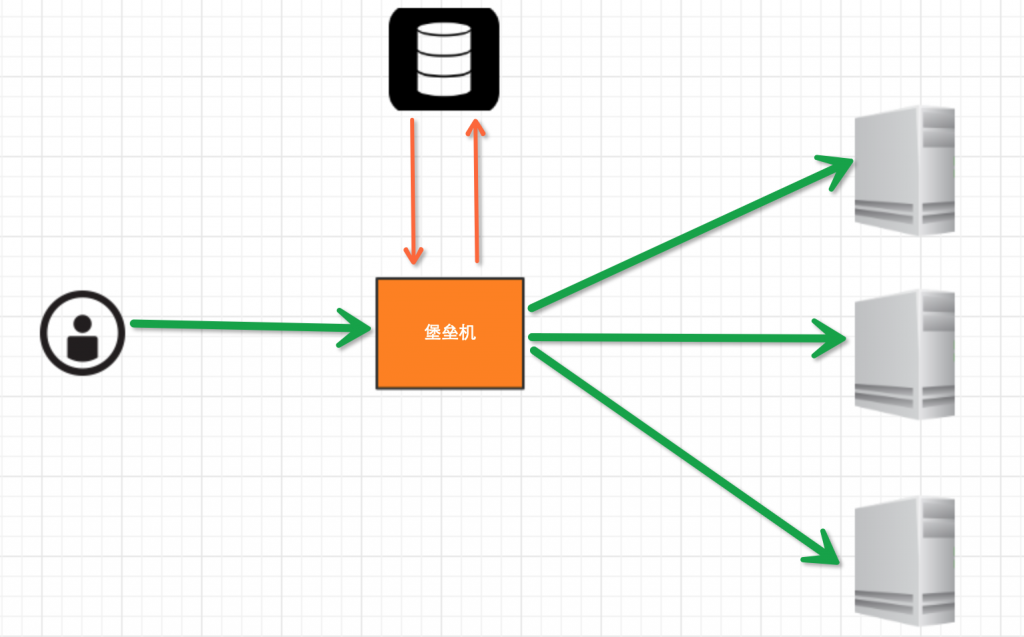远远地眺望,草地上有团团白云在蠕动,原来这是牧场的羊群,一只只白生生的,肥壮可爱,使草原更加生的小鸟儿唧唧喳机勃勃。
菜鸟一枚,写着试了试,虽说有点杂乱,但还是能用,我是在linux下运行的
大致说下过程:
1、把需要ping的网段中所有ip存到数组中(我是放到数组中了,其实直接for循环,一个个的也行)
2、遍历数组,逐个ping
3、根据ping返回的字符串,判断是否ping通
4、结果存入txt中
下面上代码咯(其实可以简化代码的,我这里就不简化了)
#!/usr/bin/env python
# coding: utf8
import time
import subprocess
import codecs
import os
import re
# telnet host
def pingComputer(host, statusFile):
status1 = 'ping success'
status2 = 'ping faild'
errorStr = 'Destination'
for ipAdd in host:
print ("get: " +ipAdd + " status")
# get now time
nowTime = time.strftime('%Y-%m-%d %H:%M:%S',time.localtime(time.time()))
p = os.popen("ping -q -c 2 -r " + ipAdd)
line = p.read()
# judge errorstr in line if
if errorStr in line:
writeToText(nowTime, ipAdd, status2, statusFile)
else:
writeToText(nowTime, ipAdd, status1, statusFile)
# write status information to txt
def writeToText(nowTime, ipAdd, status, statusFile):
s_text = 'TIME:' + nowTime + '\t' + 'IP:' + ipAdd + '\t' + 'STATUS:' + status + '\r\n'
if '0' == judgeFile(statusFile):
with open(statusFile, 'a') as f:
f.write(s_text)
f.close()
if '1' == judgeFile(statusFile):
with open(statusFile, 'w') as f:
f.write(s_text)
f.close()
# Determine whether statusFile exists
# 0: exists
# 1: no exists
def judgeFile(statusFile):
if os.path.exists(statusFile):
return '0'
else:
return '1'
if __name__ == "__main__":
IpFirst = '192.168.1.'
# ip:1~254
host = []
for j in range(254):
host.append(IpFirst + str(j + 1))
# write file
statusFile = '/root/UpStatus.txt'
pingComputer(host, statusFile)
就是一台一台的ping,判断,有点慢!
以上这篇Python检查ping终端的方法就是小编分享给大家的全部内容了,希望能给大家一个参考,也希望大家多多支持。





